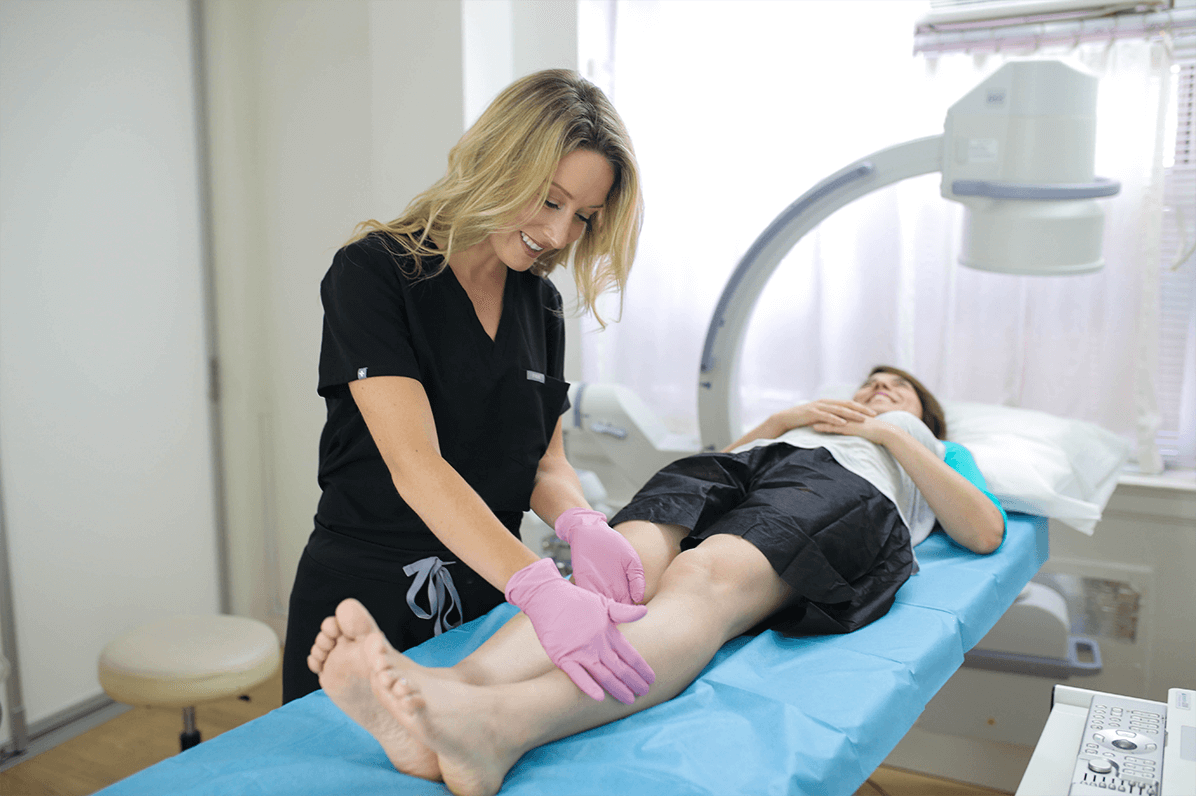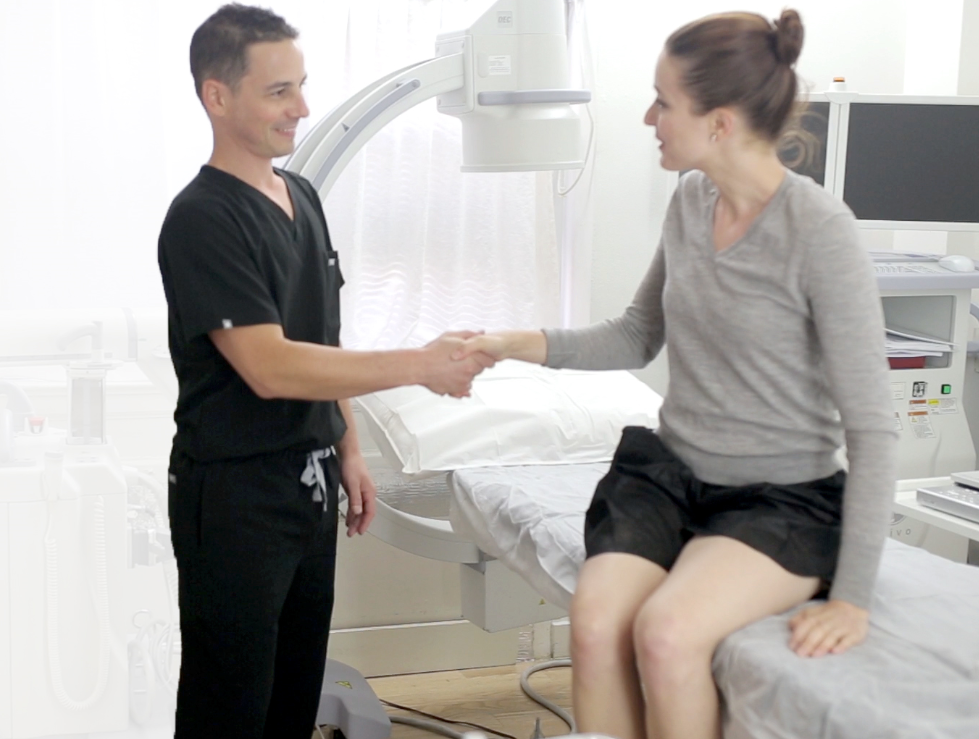What Kind of Doctor Treats Veins? What is a Vein Specialist Called?
When it comes to seeking medical assistance for vein-related issues, understanding the right type of doctor to consult is crucial. Vein disorders can range from superficial spider veins to deep vein thrombosis, requiring specialized care. In this comprehensive guide, we explore the advantages of consulting a vein specialist and answer the pressing question: What kind of doctor treats veins, and what is a vein specialist called?
Understanding Vein Specialists
Vein specialists, also known as phlebologists, are medical professionals who specialize in the diagnosis and treatment of vein disorders. These specialists undergo extensive training specifically focused on venous conditions, equipping them with the knowledge and expertise needed to address various vein-related issues effectively.
Advantages of Consulting a Vein Specialist
Expertise in Venous Disorders:
Vein specialists possess in-depth knowledge of venous anatomy and pathology. Their specialized training enables them to accurately diagnose and treat a wide range of vein conditions, ensuring comprehensive care for patients.

Advanced Diagnostic Techniques:
Vein specialists utilize advanced diagnostic techniques to assess vein health and identify underlying issues. From ultrasound imaging to venography, these specialists employ state-of-the-art tools to obtain detailed insights into patients' vein health.
Tailored Treatment Plans:
One of the significant advantages of consulting a vein specialist is the development of personalized treatment plans. These plans are tailored to address each patient's unique needs, taking into account factors such as the severity of the condition, medical history, and individual preferences.
Minimally Invasive Procedures:
Vein specialists are skilled in performing minimally invasive procedures to treat vein disorders. Techniques such as sclerotherapy, endovenous laser treatment (EVLT), and radiofrequency ablation (RFA) offer effective solutions with minimal discomfort and downtime.

Comprehensive Care Approach:
Beyond treatment, vein specialists prioritize patient education and preventive care. They work closely with patients to implement lifestyle modifications and preventive measures aimed at minimizing the risk of recurrence and promoting long-term vein health.
What Is a Vein Specialist Called?
A vein specialist is commonly referred to as a phlebologist. The term "phlebology" originates from the Greek word "phlebos," meaning vein, and "logos," meaning study. Phlebologists specialize in the diagnosis and treatment of venous disorders, encompassing a wide range of conditions affecting the veins.
In addition to phlebologists, other medical professionals may also specialize in vein care, including vascular surgeons and interventional radiologists. While these specialists may have expertise in treating vascular conditions, phlebologists specifically focus on venous disorders, making them the preferred choice for comprehensive vein care.
Conclusion
Consulting a vein specialist, or phlebologist, offers numerous advantages for individuals seeking treatment for vein-related issues. From specialized expertise to personalized care and minimally invasive procedures, these specialists are equipped to address a wide range of venous conditions effectively. By understanding the role of vein specialists and their unique approach to vein care, patients can make informed decisions about their health and well-being.
Comments
Post a Comment